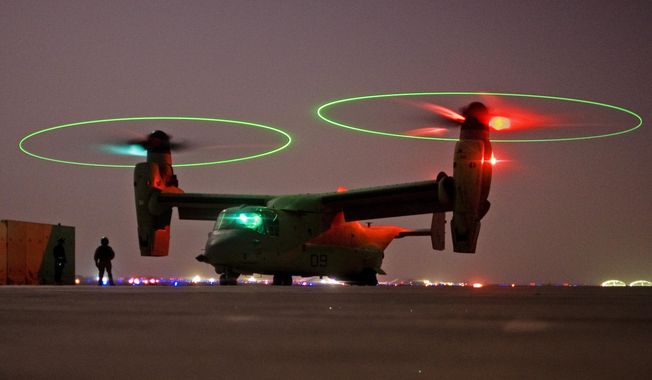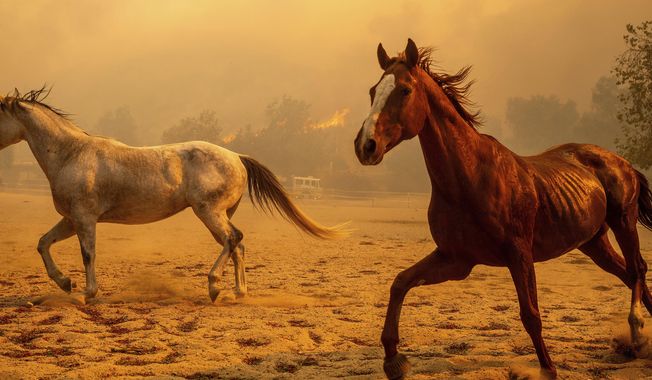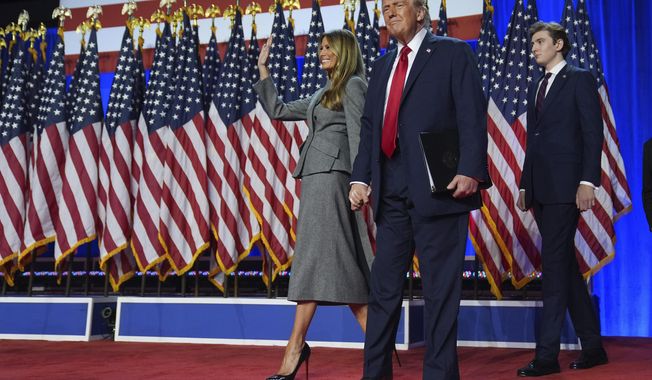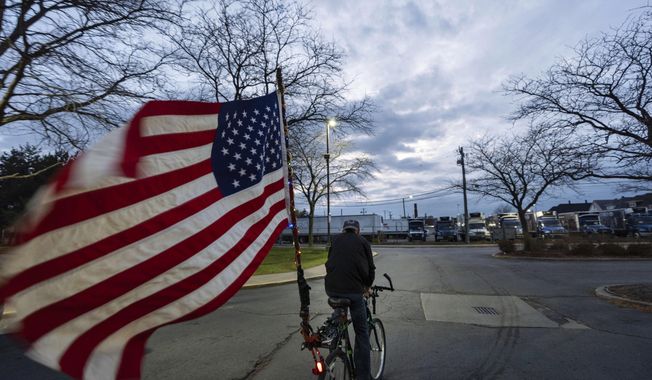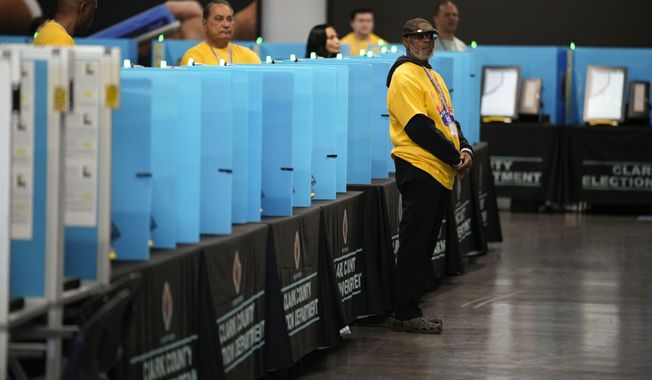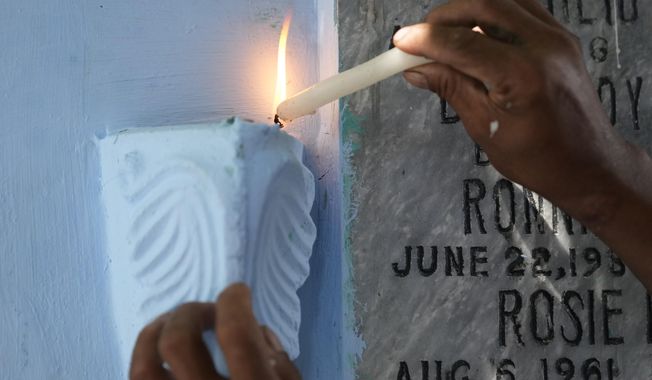
Libyan military guards check one of the U.S. consulate's burned buildings in Benghazi, after a deadly attack on Tuesday, Sept. 11, 2012, that killed four Americans. In September, 2014, as Libya crumbles into a failed state, a unique geography is emerging. The recently elected parliament is relegated to a remote eastern city in a sort of internal exile, along with the forces that support it. In the capital, Islamist-allied militias have set up their own government after capturing not only Tripoli but also Libya's second-largest city, Benghazi. All around the country, cities, towns and tribes are now choosing sides, raising fears of outright civil war. (AP Photo/Mohammad Hannon, File)
Featured Photo Galleries

Trump Transition: Here are the people Trump has picked for key positions so far
President-elect Donald Trump has announced a flurry of picks for his incoming administration. Get full coverage of the Trump transition from The Washingon Times.

Trump dances onstage, takes post-election nation by storm
President-elect Trump dances onstage
